|
|
||
|
Pro Tools
FILMFESTIVALS | 24/7 world wide coverageWelcome ! Enjoy the best of both worlds: Film & Festival News, exploring the best of the film festivals community. Launched in 1995, relentlessly connecting films to festivals, documenting and promoting festivals worldwide. Working on an upgrade soon. For collaboration, editorial contributions, or publicity, please send us an email here. User login |
INTERVIEW WITH BELA TARR, RIFF 2011
The first time I had heard about Béla Tarr was from a Serbian filmmaker friend who told me that if I wanted to know some real avant-garde plucky cinema, I hadn’t lived until I had seen a Béla Tarr film. As a writer myself, I’m big on unadulterated organic creativity and this exemplary director has gone against all the rules doing everything a filmmaker is taught not to do, making himself quite a name in his 34 years of doing so. Tarr even holds the credit to having directed one of the longest feature films ever made- SATANTANGO (1994), a 450 minute film about a group of villagers waiting to receive money in a small village in Hungary, where nothing much appears to happen on the surface but so much seems to be happening underneath. And that is the genius at work in Tarr’s films; they are long, bleak and seemingly without story and yet the viewer remains transfixed to the screen, hanging on in quiet suspense. Béla Tarr would most likely argue that the film just is what it is with no symbolism or allegory intended while viewers nonetheless ceaselessly attempt to attach multiple layers of meaning to his films. Well, before I ruin anything by trying to slap more words onto something that stands best on its own sans-explanation, I will simply stop here and let Béla himself shine light upon the point-of-view and unique world that is Béla Tarr's cinema. I interviewed Béla Tarr while in Reykjavik during the 8th annual Reykjavik Film Festival (RIFF) where he was awarded a Lifetime Achievement Golden Puffin Award for greatness in filmmaking from the Icelandic president, Ólafur Ragnar Grímsson.
ME: You've made films for 35 years. BELA: 34 years. It’s a difference. ME: 34 years. Is there a film you are most proud of or that you enjoyed making the most? BELA: No, sometimes it looks like a marriage. You sometimes have good days and bad days. You have some beautiful moments and some bad moments. I cannot judge. ME: So all of your films are like different relationships then? BELA: No. All of them are mine. If you have five kids, you can't chose which one is your favorite. ME: Music is a big thing in your films. Do you consider the score as driving the script in a way? Is it part of the script? BELA: No, first of all I never use scripts. I hate scripts because it doesn't help. When you are there you have real situation and real people and everything is real. The table is real and the chairs are real. If you’re just always watching script you can lose your control, your reality, everything. ME: So you don’t use a script then. You film without a script. BELA: First of all, I know the whole movie from the first reel to the last. I know what we have to do with it; scene by scene, page by page. I don’t need a script. ME: So you have the whole movie in your mind before you film. BELA: Sure. I see the whole film. ME: As you were saying before about producers, usually they want to see everything (script, pitch, etc.) before searching for the funding for a film. But with you, they know what they’re gonna’ get when they sign on. BELA: Do you cook? When you are cooking everything is there. You have meat and you have vegetables. Everything is there. You have all ingredients. It just depends on you and how you are using it. This is you. Cooking looks like a film, with actors and crew and everything and you have to decide what to do. ME: Do you consider yourself more a cosmic filmmaker as opposed to allegorical? BELA: No. I am just a simple filmmaker. I was. And now I have a new job. I’m just a film fighter. ME: Did you want to capture life in its ephemeral moments? I mean, what was it that was your drive and need to make films? BELA: I was angry. I wanted to destroy all the world. I couldn’t accept, until now I couldn’t accept what is happening in the world. And that’s the reason why I started to do something. ME: Well, that’s a positive thing though. As opposed to destroying things as a cause for your anger, you chose to do something creative. BELA: Yeah, because I’m a creative guy. And I like to create. ME: You said yesterday that we need to stop saying the word ‘story’ and start saying the word ‘recreate’ instead. What did you mean by that? BELA: Well, stories are mostly the same. When you read the Old Testament, afterwards you know all stories. Everything is there. Mother fucking brother killing brother, and holocaust and all of crime, all of joy all of war is there. That’s the reason I really am not interested in stories because we are doing more or less the same story in our life. What is the real difference, you know? The real difference is how we are doing the same old story. That’s why I am never listening to the story. I’m listening just to the people. How they are doing the story. ME: About the TURIN HORSE, your latest film. If the horse in the film is not allegorical for you, what does it mean for you? BELA: What do you mean? Look, imagine this horse if it was your whole life, your whole livelihood and if your horse doesn’t work anymore you die with the horse, because your life is gone and everything is over. It’s not an allegory it’s a fact. This is a horse. It’s just a simple horse but she doesn’t want to work anymore. She is over and you have no chance. You lost your work, you lost your life, you lost everything. You have to understand. These words, allegories, metaphors… It’s none of that. It’s just a simple horse. ME: So, there is only the horse. BELA: You know, this film is much more simple. We are just talking about day by day. Our life is getting weaker and weaker and by the end it just disappears without any noise. You know? And this is the most tragic thing. And that’s what I want to show. I really don’t want to do more or less. It’s totally enough. That’s all I could say now about the world. With this fucking pain when you are watching the world, what you feel and you are just being. This is something, which is important for me and totally enough. And I really don’t want to represent anything. I don’t really want to say anything because if we are talking about the death this is the most horrible thing and afterwards I cannot anything. We cannot say more. There’s no reason. ME: So, the film is an end. It’s The End. BELA: Something like that. It’s something. ME: Yeah, I get it. And it’s impossible to explain art. In your film THE TURIN HORSE, it takes place in only six days and yet it feels like an eternity in a way. BELA: No. After the six days it really ends. It is the real end. ME: How long did it take to shoot this, your last film? BELA: 48 shooting days. ME: Wow, not so much. The other night after the screening of the film during the Q and A, your film was referred to as an: ‘Anti-cinema’. What do you think that means and why do you think that people want to classify something that is not traditional as an ‘Anti’ thing? Why can’t a thing just be organic and just be? BELA: I never see things like this. If you call my cinema an ‘Anti-cinema’ then all of my films are an ‘Anti-cinema’. And what can I do with this word? Nothing! Yes, of course, maybe they are different movies than other movies. Maybe our point-of-view is different and that’s why the style is different, because this is our reaction to the world and this is our way. But I cant be someone doing things in a different way or a different style. ME: It’s interesting because your films are fiction even though they feel like they document life as it really is. Why do you suppose that sometimes fiction feels more real than reality itself at times? BELA: You know what is fiction? Everything is fiction. I’ve never seen real documentaries in my life. You know, when you are coming with a camera the situation always becomes different immediately. And you know, the reaction of the people is different and the situation is different because something is here which wasn’t here before and the camera is changing the situation and you know when you are creating something it’s always a fiction because it’s always your point of view, it’s only your vision about the world and you just try to show some essential things. And that’s all and it has to be fiction because you cannot find in reality the same thing. ME: And then reality… What is that? Who knows! And of course when people are observed they act different. I’m a writer so I know about that a bit, about changing things to look different as they are written then how they really happen. BELA: When you are writing a sentence you transform something. This is yours. You know. If you are writing a long sentence or short this is yours. If you are a poet writing long poems or a haiku, this is your way and your reaction. ME: You had your first film made when you were 22 and since then you’ve influenced so many people. Who were your influences growing up, or in your youth when you were starting out? BELA: No one. ME: No one? You never had anyone you admired? BELA: No. Because you know, I knew from the beginning… Every filmmaker has his own style and I was just trying to find my language and I didn’t want to follow anybody because I knew the other director has a different cultural background, different education, different history, different budget. You know, everything is different. How could I follow someone in different conditions? ME: What about people you admired? BELA: Yeah, I admired lots of filmmakers, of course. But that’s a different thing, if I’m admiring someone or just following or trying to copy. There’s no reason to do any copies. ME: What would you like to see out of future generations of filmmakers? BELA: You know what I’m waiting for… I’m waiting for some young people to come up and tell me, ‘okay Guy, your time is over. It’s my turn now.’ ME: Here in Reykjavik, you received a Golden Puffin Award at the president’s house for Lifetime Achievement. How did that make you feel? BELA: It's good of course but it makes me feel strange. It’s the third Lifetime Achievement Award I have received this year and it makes me feel like I am finished. Just because I am finished making films it doesn’t mean I am not still here. I feel like saying, ‘I’m still here. I’m not dead yet.’ ME: LOL. You said this: 'Life is incredibly rich. You can do thousands of things.' On that note, what will you do now? BELA: What can I do now? I’m thinking about starting a film school my way. Not like all the other film schools in the world as they are just educating and not creating. I want to help and give a chance to filmmakers who are talented and need support. That’s what I want to do and can do. And that’s enough.I do what I can... ME: Thank you, Béla. Whatever you choose to do now, you will never cease to inspire artists around the world.
Some Béla Tarr quotes from RIFF, 2011: ☺ 1) [In answer to TURIN HORSE question: “Why do they eat the potatoes so fast?”] BELA: “Do you know what it is to be hungry? You have to eat if you are hungry”. 2) “You have no right if you do not try.” 3) “Be yourself. Try to find yourself and your way and you will find your capacity. You have to go to the border, you always have to even cross the border and if you don't you may get lost but you have to cross the border. You have to say ‘here is my border and I have to go further always’. Or you will never know. And don't forget what you want. I can't say more. There is no recipe. The recipe is you.” 4) “Shall we go to smoke?”
Interview by and transcribed by Vanessa McMahon
10.10.2011 | Reykjavik International Film Festival's blog Cat. : 11:59 Arts Bela Talbot Bela Tarr Director Entertainment Entertainment Films Human Interest Human Interest Hungary Iceland INTERVIEW WITH BELA TARR judge Lunch of Blood Mass media Ólafur Ragnar Grímsson Person Career POET president Quotation Reykjavik RIFF 2011 Sátántangó the third Lifetime Achievement Award The Turin Horse Turin Vanessa McMahon writer Interviews
|
LinksThe Bulletin Board > The Bulletin Board Blog Following News Interview with IFTA Chairman (AFM)
Interview with Cannes Marche du Film Director
Filmfestivals.com dailies live coverage from > Live from India
Useful links for the indies: > Big files transfer
+ SUBSCRIBE to the weekly Newsletter Deals+ Special offers and discounts from filmfestivals.com Selected fun offers
> Bonus Casino
User imagesAbout Reykjavik International Film FestivalThe EditorUser contributions |



















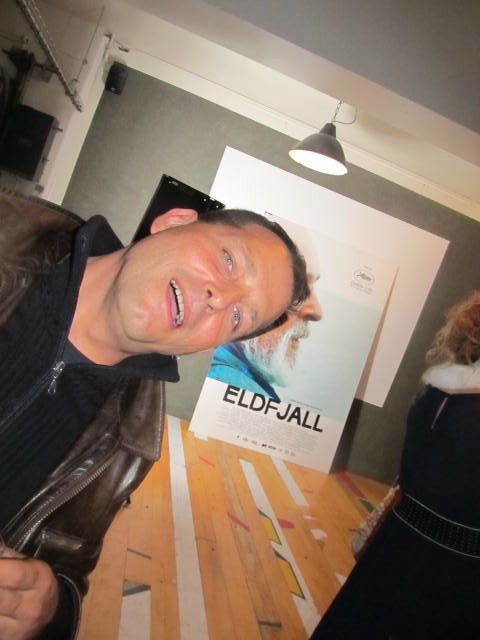
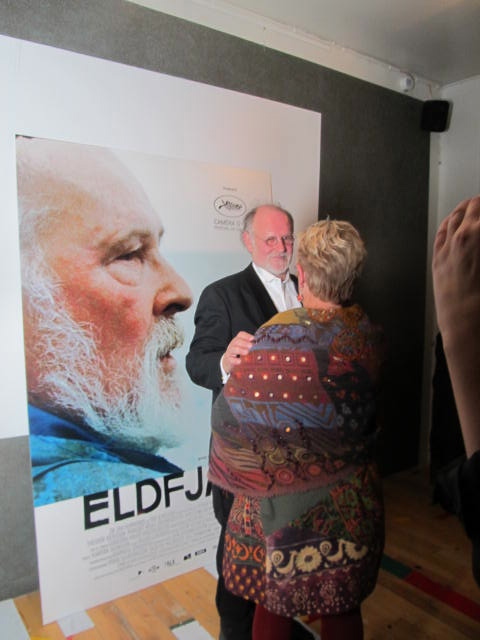
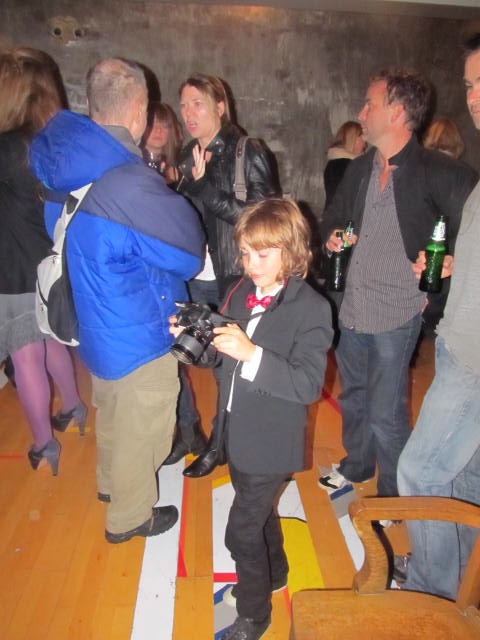
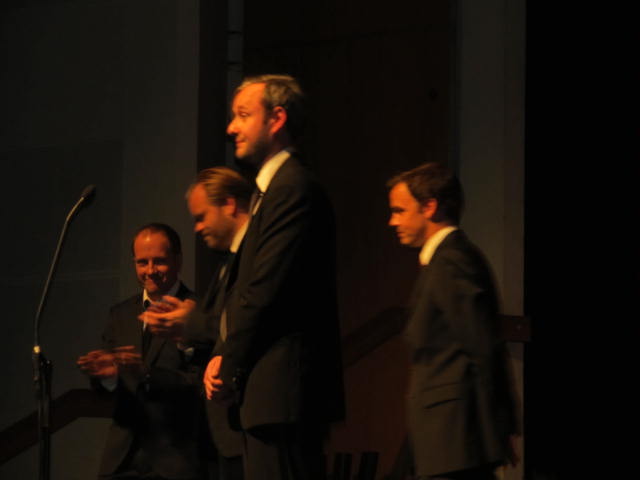
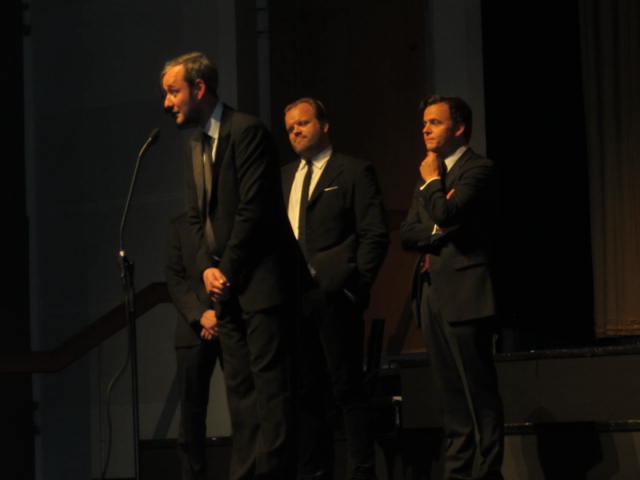
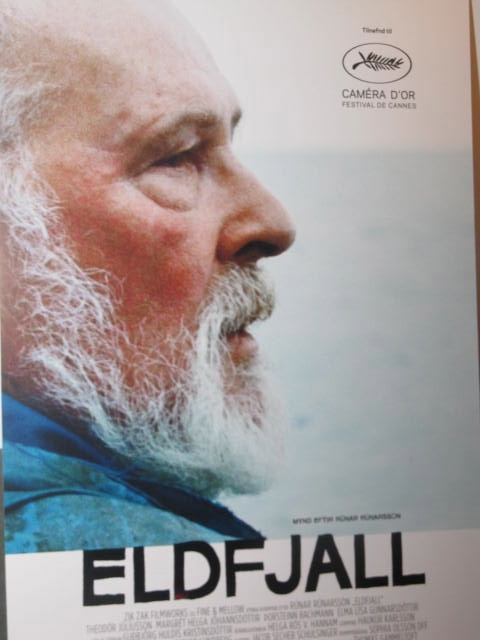
 Marinósdóttir Hrönn
Marinósdóttir Hrönn 


